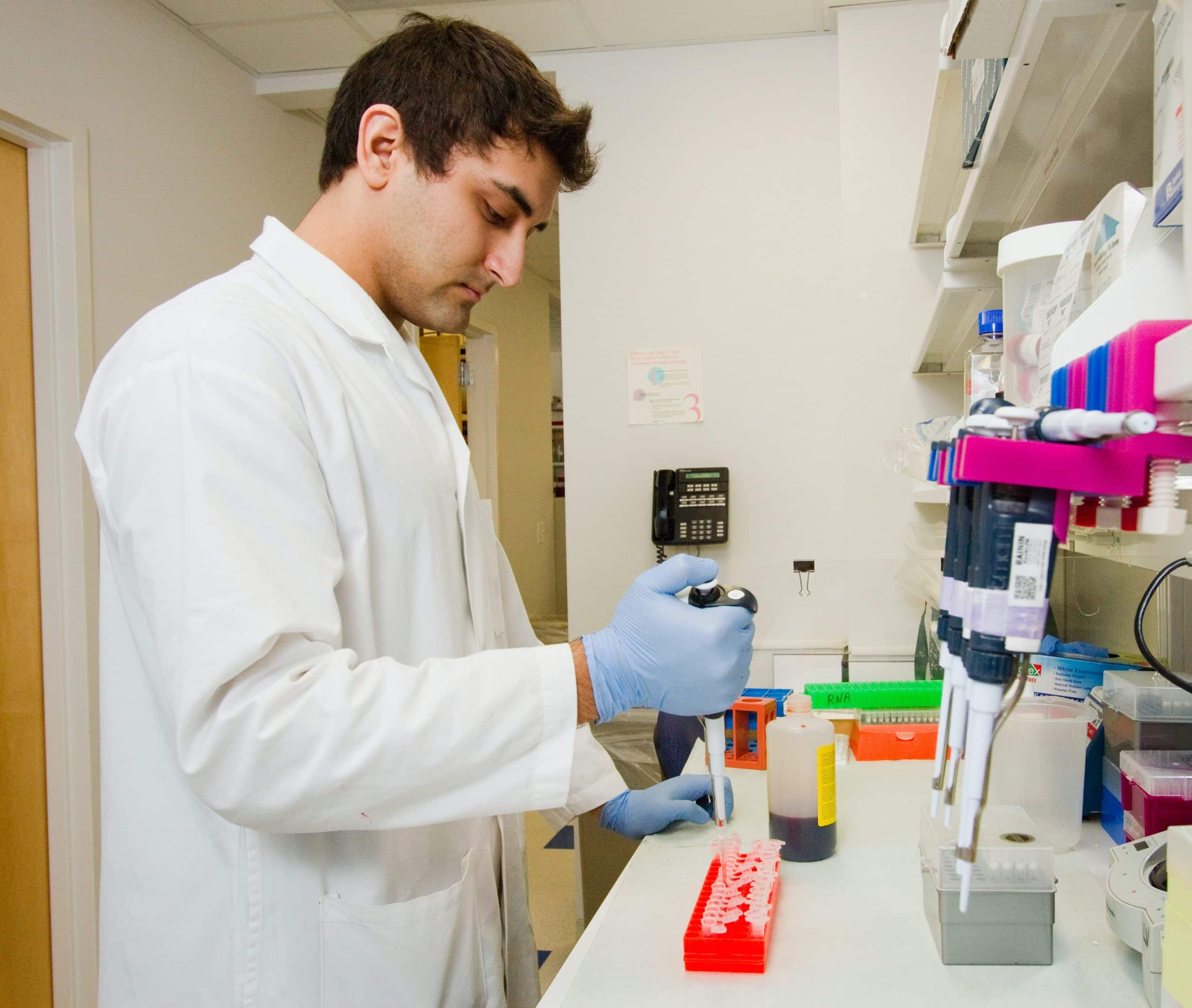Immunotherapy and proton therapy – alternatives to chemotherapy
25% of uterine cancers are hypermutated (MSI, microsatellite instability). In such cases, immunotherapy leads in 50% of cases to the reduction or disappearance of tumors, without chemotherapy. Immunotherapy should be included in the standard care for this type of uterine tumor as a first-line treatment.
(Alexandra Leary, Oncologist, Gustave Roussy Institute, Villejuif)
Proton therapy is a revolution. Protons stop inside the cancerous tissue, thus ensuring that less radiation is delivered and that there are fewer side effects. It should be indicated for patients who are young or at high risk of secondary cancer.
(Jean Louis Habrand, Professor Emeritus, François Baclesse Cancer Center, Caen)
Personalized medicine at the heart of screening and care
Ongoing trials will make it possible to adapt the care protocol according to the genomic signature of the patients, for more precise and adjustable treatments.
(Frédérique Penault-LLorca, Director General, Jean Perrin Cancer Center, Clermont-Ferrand)
MyPeBS (My Personal Breast Screening) is an international clinical study that will evaluate the usefulness of a personalized screening strategy based on genetic risk. Women at high risk will be screened more often.
(Suzette Delaloge, Director of the Interception Program, Institut Gustave Roussy, Villejuif)
A new chapter opens with genetic medicine and the identification of breast cancer risks for BRCA1, BRCA2 mutation carriers.
(Dr. Dominique Stoppa-Lyonnet, Head of the Genetics Department, Institut Curie, Paris)
Ovarian carcinoma is the most lethal of gynecological cancers, 10 to 18% of cases are hereditary. A clinical trial is underway to evaluate a preventive care strategy (prophylactic radical fimbriectomy of tissues at risk of cancer near the ovaries) for patients at risk (mutation of BRCA1 and 2 genes). After 7 years of follow-up, no ovarian carcinoma was found in the patients.
(Eric Leblanc, Head of the Department of Gynecologic Oncology, Oscar Lambret Center, Lille)
Improve patient comfort
The patient is taken care of in a global way, from nutrition to psychological support. Results: reduced morbidity, patient autonomy, shorter hospital stays.
(Professor Eric Lambaudie, Oncologist Surgeon, Institut Paoli-Calmettes, Marseille)
5% of breast cancers occur before the age of 40, and ovarian reserves may be damaged by chemotherapy. To enable post-cancer pregnancy, ovarian stimulation or oocyte vitrification may be considered for future in vitro fertilization.
(Christine Rousset Jablonski, Gynecologist, Centre Léon Berard, Lyon)



